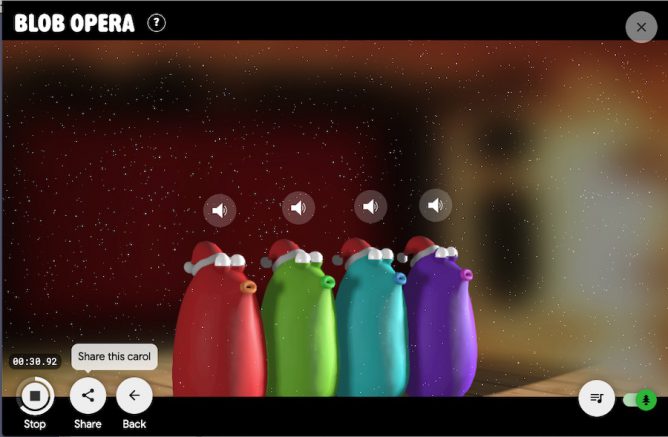A good place to learn about detecting online disinformation is @holden’s site Hapgood. Aimed at undergraduates it would be great for teachers to help our own understanding.
How this translates into secondary and primary education I don’t know. In primary I’ve used the Save The Pacific Northwest Tree Octopus site. Used to use Mozzila’s long gone hackasaurus to fake web pages to add pupils to BBC webpages. I find it hard to move pupils off the goole search results to an actual site, never mind comparing two.
Technology seem to be making things increasingly easy for us while hiding the possibilities of developing real digital understanding…

